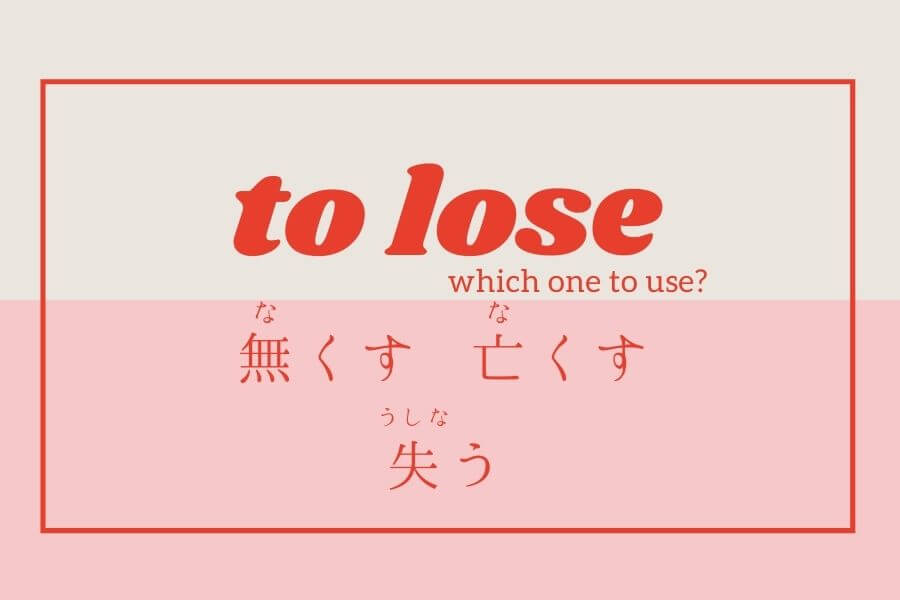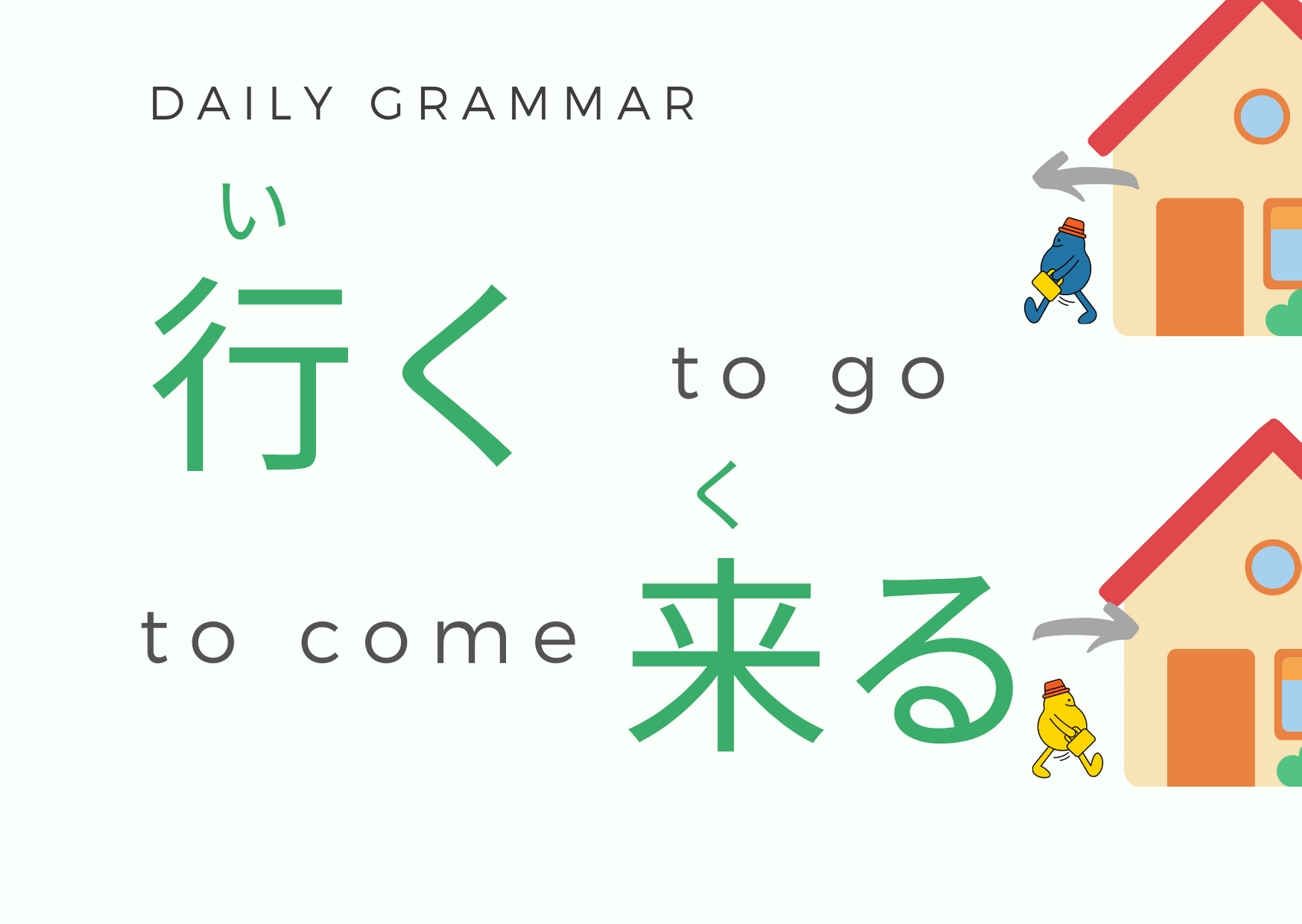Hi there, It is Harupaka! You do not need to use those, however, it is worth to know since a lot of anime characters use those vocabulary. So do I. 対義語 A pair of antonyms 1.強い → つえぇ(ついぇぇ) 弱い → よえぇ(ようぇぇ) 2.大きい → でっか! 小さい → ちいせぇ 3.多い → 多っ! 少ない → すくねぇ 4.暑い → あちぃ 寒い → さみぃ 5.暖かい → あたたけぇ *涼しい 6.熱い → あちぃ 冷たい → つめてぇ 7.温かい → あたたけぇ *温い → ぬりぃ 8.厚い → あちぃ 薄い 9.濃い → こ! 薄い 10.美味しい → うめっ! 不味い → まじぃ 11.長い → なげぇ …





